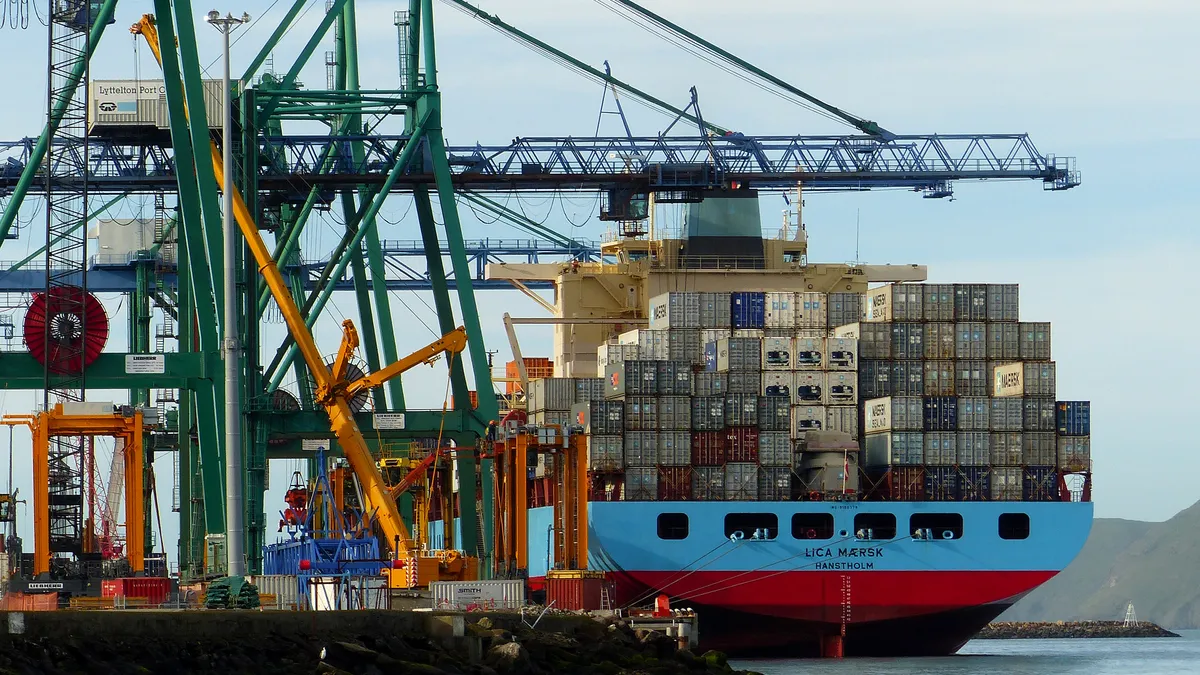Dive Brief:
-
Shipping giant A.P. Moller-Maersk said the worldwide Nyetya malware attack that hit the company in June cost it as much as $300 million in lost revenue, according to CNBC. Maersk is one of the world's largest container ship and supply vessel operators.
-
The attack brought Maersk's operations to a grinding halt, shutting down terminal operations around the world. Following the attack, the shipping giant said business volumes were negatively affected the last few weeks of July. "As a consequence, our Q3 results will be impacted. We expect that the cyberattack will impact results negatively" by $200-$300 million, Maersk CEO Soren Skou said in a statement.
-
At the time of the cyberattack, Maersk said the updates and patches to Windows, in addition to its antivirus software, did not offer enough protection against Nyetya. The company has since put additional defensive measures in place and is reviewing how to further protect its systems from attack.
Dive Insight:
Such attacks can have long-lasting, bottom-line impacts as companies struggle to restore business processes. That is one of the main reasons companies are taking cybersecurity more seriously and determining the best ways to protect themselves.
Even for a huge company like Maersk, flushing $300 million down the drain hurts. But the recent uptick in global cyberattacks means all companies must be prepared or they could see the continued loss of resources.
Complete prevention is impossible, so businesses must focus attention on recovery instead. Those that can bounce back quickly have a better chance of resuming operations and preventing huge financial losses.
Maersk is not the only company to report significant financial losses as a result of the Nyetya attack. Last month, Mondelez International said it will cut its revenue growth by at least 3% for its second quarter due to the attack.












